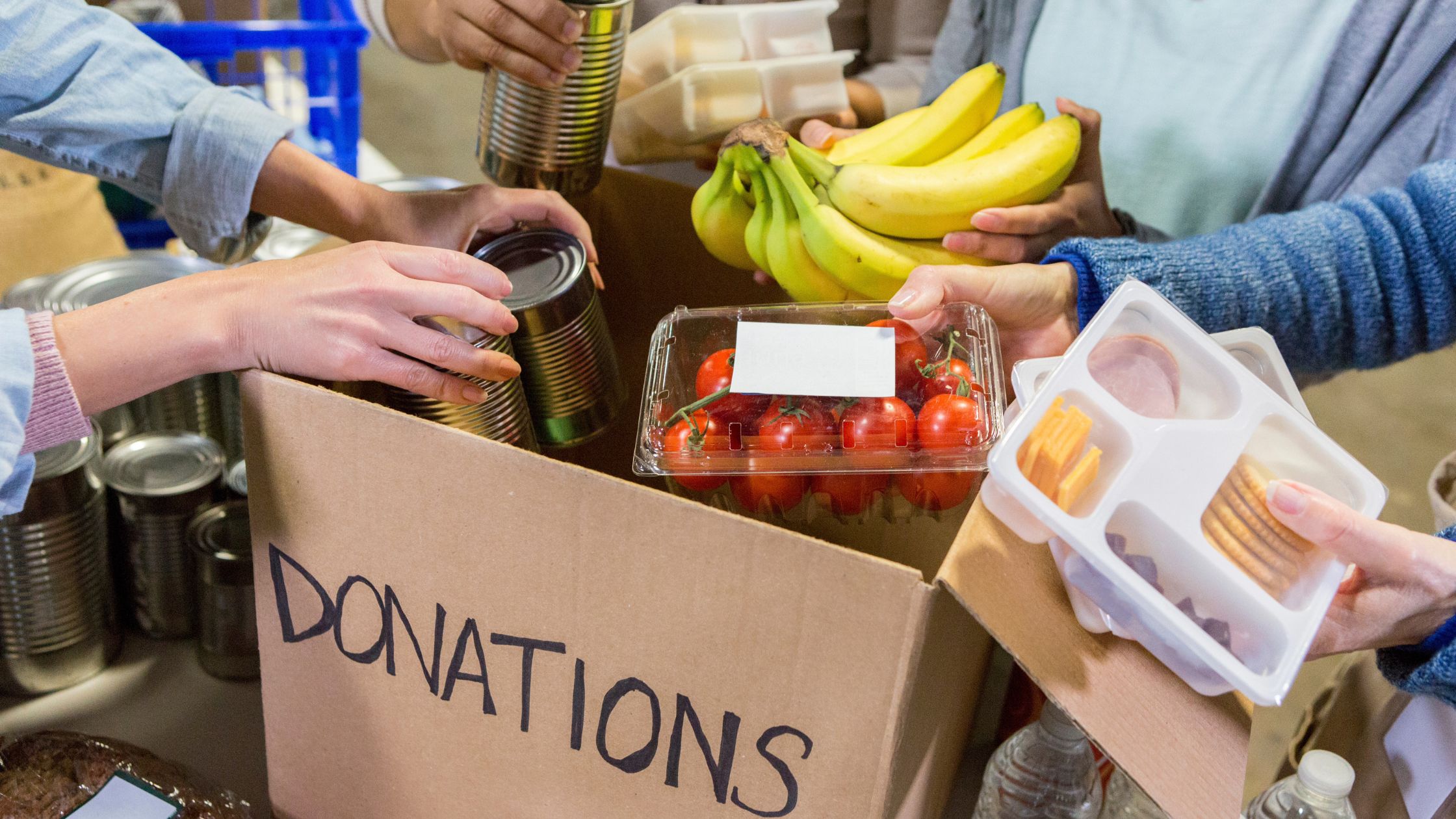Food insecurity is a pressing issue in the United States, with millions of people struggling to put food on their tables. Fortunately, many individuals and organizations are working tirelessly to combat this problem. If you’re looking to make a difference and contribute to your community, donating food is a meaningful way to help those in need. In this blog, we’ll explore where you can donate food near you and how to get started on your giving journey.
Also Read: Finding the Best Food Delivery Near Me
Why Donate Food?
Before we dive into the where and how of food donations, let’s briefly discuss why it’s essential. Food donations serve several crucial purposes:
- Alleviating Hunger: Your contributions can provide much-needed sustenance to individuals and families facing hunger.
- Reducing Food Waste: Donating surplus or unneeded food items helps reduce food waste, which is a significant environmental and social concern.
- Building Community: Food donations foster a sense of community and goodwill, bringing people together to support those in need.
- Tax Benefits: In the U.S., there are often tax benefits associated with charitable food donations. Consult a tax professional to learn more about potential deductions.
Where Can You Donate Food?
- Local Food Banks: Food banks are a vital resource for distributing food to those in need. Find a nearby food bank using the Feeding America website (www.feedingamerica.org) or search for local options through your state’s food bank association.
- Community Pantries: Many communities have local food pantries that accept food donations. These pantries often serve specific neighborhoods or demographics.
- Religious Organizations: Churches, synagogues, mosques, and other religious institutions frequently run food donation programs. Contact your local religious organizations to inquire about their initiatives.
- Schools and Colleges: Educational institutions often collect food for students in need. Check with local schools or colleges to see if they accept food donations.
- Food Drives: Keep an eye out for food drives organized by schools, businesses, or community groups. These events usually have specific collection points and times.
- Homeless Shelters: Homeless shelters are in constant need of food donations to feed those without stable housing. Find shelters in your area and inquire about their food donation policies.
- Nonprofit Organizations: Numerous nonprofit organizations focus on hunger relief. Organizations like Meals on Wheels, No Kid Hungry, and The Salvation Army accept food donations to support their missions.
- Farmers’ Markets: Some farmers’ markets have collection bins for food donations. This is an excellent way to donate fresh produce and other locally sourced items.
How to Donate Food Effectively
- Check Acceptable Items: Different organizations may have varying guidelines for acceptable food items. Before donating, contact the recipient organization to ensure you’re providing items they can use.
- Inspect Expiry Dates: Always check the expiration dates on food items before donating. Organizations typically cannot accept expired or damaged products.
- Packaging and Labeling: Properly package and label your donations, ensuring they are secure and clearly marked. This helps with organization and distribution.
- Coordinate Drop-Offs: Determine the best way to deliver your donations. Some organizations have designated drop-off locations, while others may offer pick-up services.
- Monetary Donations: If you prefer not to donate food directly, consider making monetary contributions to organizations that can purchase food in bulk, stretching your donation further.
- Volunteer Your Time: Many food banks and pantries rely on volunteers to sort and distribute food. If you have time to spare, consider volunteering in addition to donating food.
- Promote Food Drives: Encourage friends, family, and colleagues to participate in food drives or donate as well. Collectively, small donations can make a significant impact.
Conclusion
Donating food is a simple yet powerful way to make a positive impact in your community. By finding the right local organizations and following donation guidelines, you can help alleviate hunger and reduce food waste in the United States. Remember that every contribution, no matter how small, can make a big difference in the lives of those in need. So, take the first step today and become a part of the solution to food insecurity in your area.


























